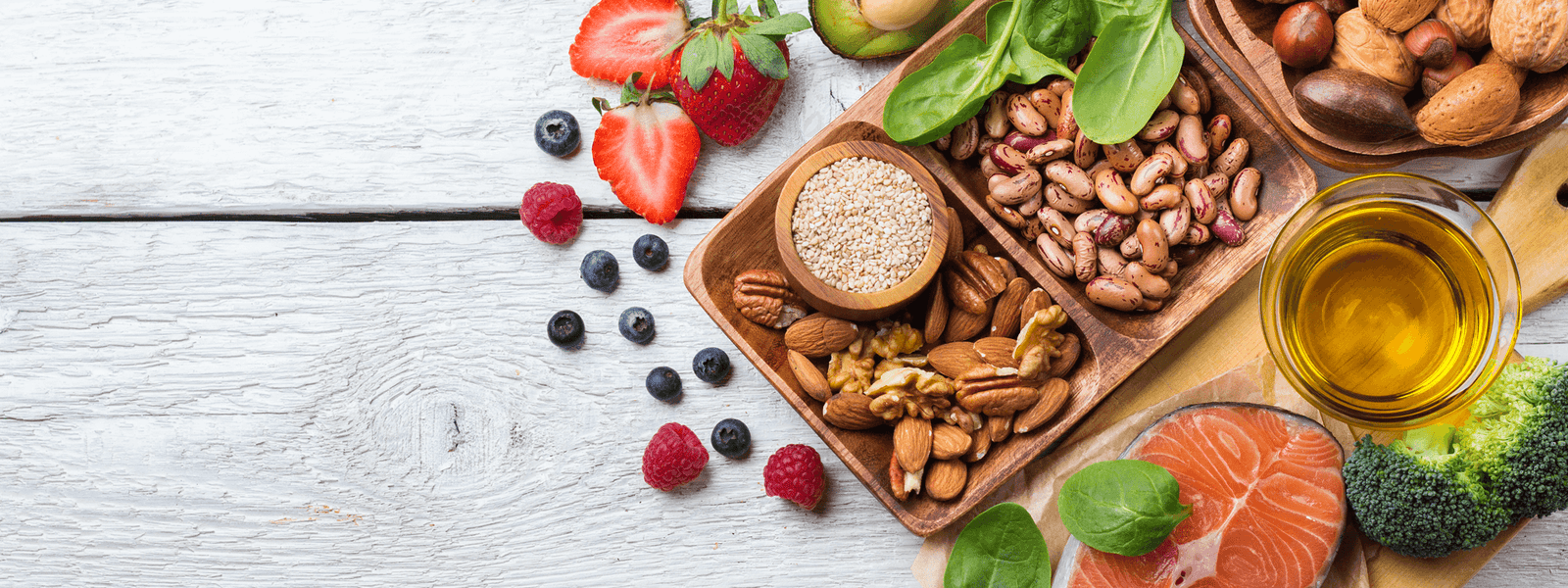According to researchers at Seoul National University in Korea, people whose diets are rich in carotenoids – the plant pigments that give fruits and veggies their bright red, orange and yellow hues – could see slower cellular aging.
The study, which appeared in the European Journal of Nutrition, found that high levels of carotenoids – beta-carotene, alpha-carotene and beta-cryptoxanthin especially - were associated with longer telomeres. Telomeres are the end caps on each strand of DNA (scientists liken telomeres to aglets, which are the end caps that keep shoelaces from unraveling) and as we age, they shorten and become frayed.
Our cells regenerate regularly, and as they do, telomeres protect the DNA that makes up those cells, ensuring that it stays intact even as the cells split and replicate. The process is hard work, however, and telomeres become shorter each time a cell splits. Eventually, there is not enough telomere left to do the job, and the cells stop functioning as they should and die.
Because of this role as cell protectors, telomeres play a big part in the aging process.
Age and telomeres
A variety of factors including blood pressure, cognitive ability and how long we can exercise before bonking are used to determine our biological age, which is different than our actual chronological age, and more important when taking into consideration factors such as health and wellness.
Telomeres also can be used to measure biological age, and the longer they are, the younger we are, biologically speaking.
This new research suggests that carotenoid intake could potentially slow that biological clock, no matter how many birthdays have come and gone.
Telomeres, oxidative stress and antioxidants
Cells show signs of aging when they are damaged by oxidative stress, which occurs when there are too many free radicals and not enough antioxidants to neutralize them.
Carotenoids are powerful antioxidants, and they are effective at battling oxidative stress because they are able to sweep up free radicals – single oxygen atoms that damage cells by scavenging important molecules from them – protecting cells from the invaders and the damage they cause.
Telomeres are especially susceptible to oxidative stress, so having more antioxidants helps keep them longer for a lengthier period of time, protecting cells from environmental toxins, a diet with too much sugar and other factors that contribute to cellular aging.
Where can I get extra carotenoids?
If you’re looking to load up on carotenoids – especially beta-carotene, alpha-carotene and beta- cryptoxanthin – look for orange, yellow and red fruits and veggies, although greens are surprisingly good sources of the carotenes.

Beta-cryptoxanthin. Good sources of beta-cryptoxanthin include the tropical fruits mango and papaya, as well as oranges, corn and yellow bell peppers. Egg yolks and butter also contain beta-cryptoxanthin.
Beta-carotene. The orange foods cantaloupe, mangoes, papaya, carrots, sweet potatoes and pumpkin are excellent sources of beta-carotene, but don’t let the green color of spinach and kale fool you. Both leafy greens are also smart ways to boost your beta-carotene intake.
Beta-carotene may also help protect your skin from sunburn, according to research that appeared in the journal Photochemistry and Photobiology.
Alpha-carotene. Alpha-carotene – which produces about half the vitamin A of beta-carotene – can be found in pumpkin, carrots, tomatoes, tangerines and winter squash, as well as the green veggies collard greens and peas.
Other ways to keep telomeres healthy
Eating a healthy diet is important – the nutrients we fuel our body with essentially determine our health and energy status – but there are other lifestyle moves we can make to help our telomeres stay longer.
- Exercise. Studies have shown that those who exercise have longer telomeres than couch potatoes. If you want a varied routine, join a gym to take advantage of classes, workout equipment and activities to prevent boredom, or mix up walking, running, biking and swimming to keep your body and brain inspired and challenged.
- Keep stress levels low. Stress wreaks havoc with our bodies, including our telomeres, so finding your Zen will do your body good. Meditation, yoga classes and taking time to chill will help keep stress from attacking your telomeres and speeding the aging process.
- Never stop learning. Researchers at the University of California at Berkeley have linked lower education levels with shorter telomeres later in life. While keeping the brain active could play a role, researchers also found that those with less education were more likely to have telomere-shortening habits including smoking and poor diet.
In order for the carotenoids to be effective, however, they need to be consumed with a fat in order for the body to absorb them, say experts at the Linus Pauling Institute (Pauling was a leader in the study of the health benefits of vitamin C).
If you’ve included veggies in a salad, add a few slices of avocado or a drizzle of olive oil to help your body take advantage of the available nutrients.


 Supplements
Supplements Bundles
Bundles

















